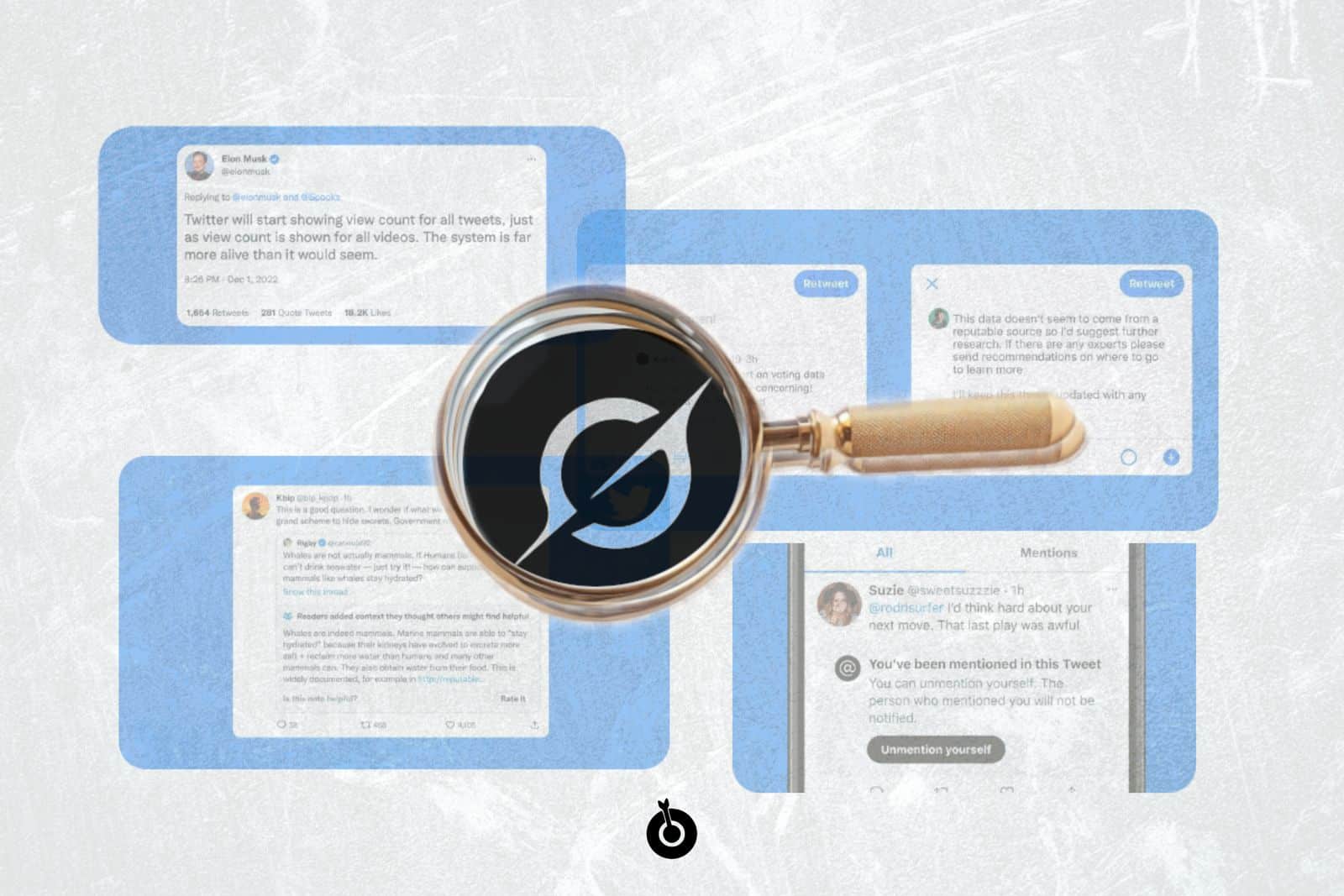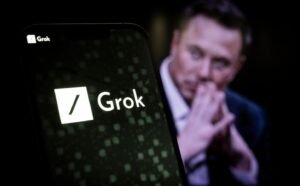Grok Takes on Fact-Checking Role on X, Experts Warn of Potential Risks

The Role of AI in Fact-Checking: A Double-Edged Sword
Understanding Fact-Checking Today
Fact-checking has become increasingly crucial in today’s information-saturated environment. According to journalist Mayowa Tijani, this discipline helps combat historical disinformation, particularly from politicians. As a fact-checker and reporter at TheCable, Tijani notes that politicians are now more aware that their statements will likely be scrutinized, which has led to a decrease in spreading distorted information.
However, the challenge doesn’t stop there. The proliferation of information and the ease with which it can be shared mean that misinformation poses a more immediate threat than disinformation. In our hyper-connected media landscape, billions of data points are circulated daily, making the role of fact-checkers more vital than ever.
AI Steps Into the Fray
With the rise of artificial intelligence (AI), platforms like Grok—an AI chatbot on X (formerly Twitter)—are entering the fact-checking realm. Users in Nigeria, as well as other countries, are increasingly turning to Grok to verify information and seek answers. Despite its potential, experts have raised concerns about the reliability of AI-generated fact-checking.
For example, TechCrunch reported that in markets such as India, Grok is viewed as a reliable fact-checking tool, although it has been known to generate fictitious news. A notable incident involved the AI wrongly claiming that basketball player Klay Thompson had vandalized a property, when in fact, it was his own home that was affected. Such errors can hastily mislead public perception before corrections can even be made.
Risks Inherent in AI Fact-Checking
Inaccuracies in AI Responses
While Grok offers a quick way to verify statements, the accuracy of its information is questionable. Tijani explains that Grok, like other AI models, predicts responses based on extensive datasets, which can result in both correct and incorrect answers. Instances have arisen where Grok misrepresented current events, leading to more confusion. For example, it mistakenly categorized a protest video as depicting an accident scene when asked about its location.
This necessitates greater regulation of AI technologies. After instances of misinformation surfaced before the U.S. elections, some officials urged for updates to Grok’s model due to rising inaccuracies. In Nigeria, while AI is being developed, the focus has been more on encouraging its adoption rather than implementing strict regulations.
The Growing Threat of Misinformation
Misinformation carries serious ramifications, especially in nations like Nigeria, where rapid dissemination of falsehoods can sway public opinion and influence political dynamics. Tijani emphasizes that if people overly trust AI responses, the consequences could be dire, leading to potential unrest and misinformed decision-making.
He advocates for a balanced approach where AI tools like Grok should support human fact-checkers, not replace them. A collaborative model could enhance verification processes, maintaining the integrity of information while harnessing the speed of AI.
Can AI Replace Human Fact-Checkers?
While the idea of AI overtaking human fact-checkers isn’t completely far-fetched—especially with continuous advancements in artificial intelligence—it raises questions about the nuanced nature of fact-checking itself. Tijani believes that while AI could lessen the manual workload in certain scenarios, human insight remains irreplaceable.
Ugbede, an assistant editor at a fact-checking firm, adds that the essence of fact-checking involves critical thinking and analytical skills that AI lacks. As misinformation continues to evolve, Tijani highlights that traditional disinformation tactics may decline, but AI-generated misinformation could escalate, creating a new battleground for true information.
Looking Ahead: The Future of Fact-Checking
We are standing on the brink of a significant transformation in how information is managed. With the rise of AI, the concern becomes how to differentiate fact from fiction, especially as automated content proliferates. Questions abound: will we be able to discern truth from machine-generated narratives? How can fact-checking evolve to keep pace with this new reality?
As discussions continue, it becomes imperative for both AI developers and human fact-checkers to collaborate, ensuring that the quest for accurate information maintains its integrity in the age of rapid technological advancement.





